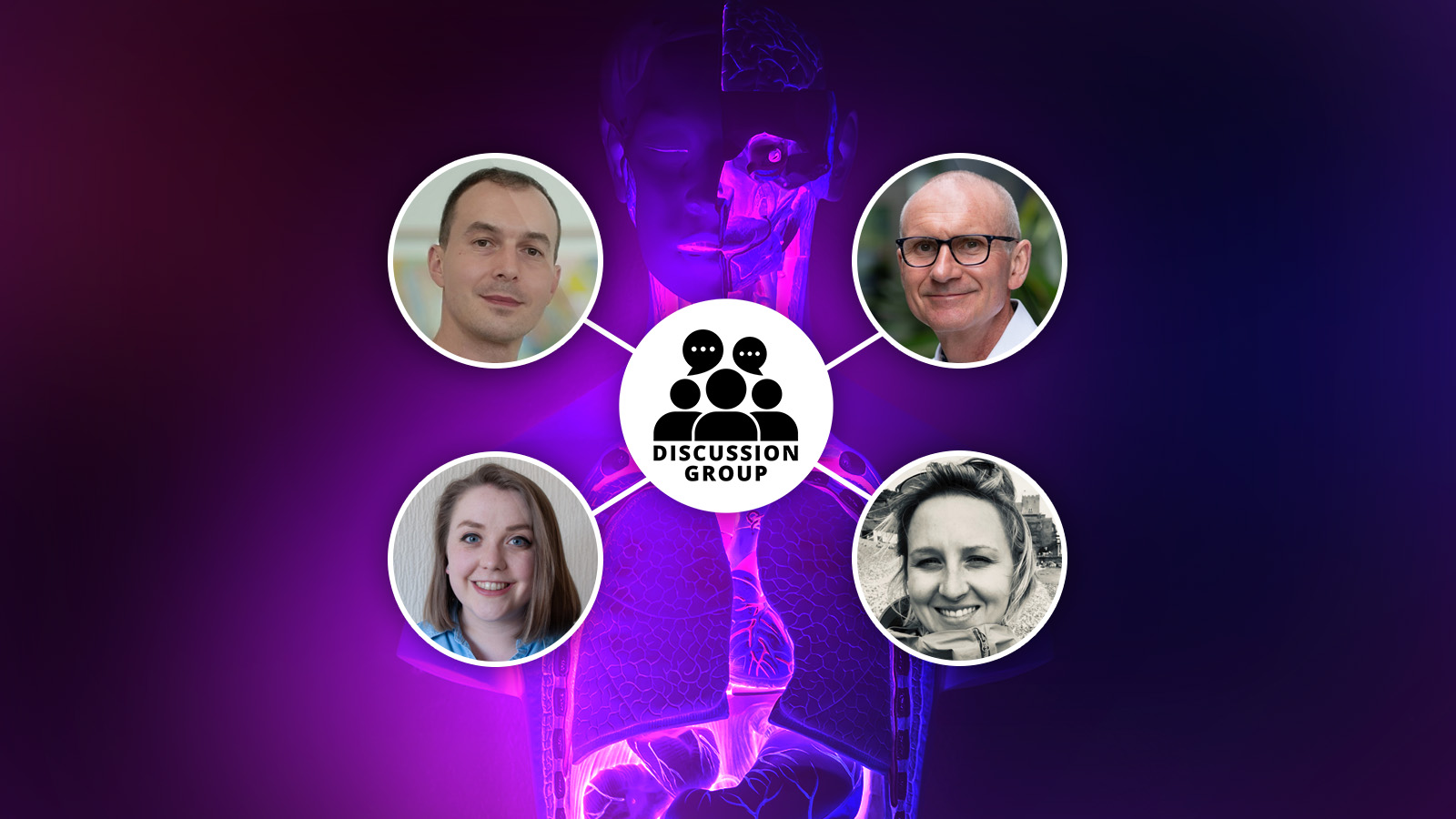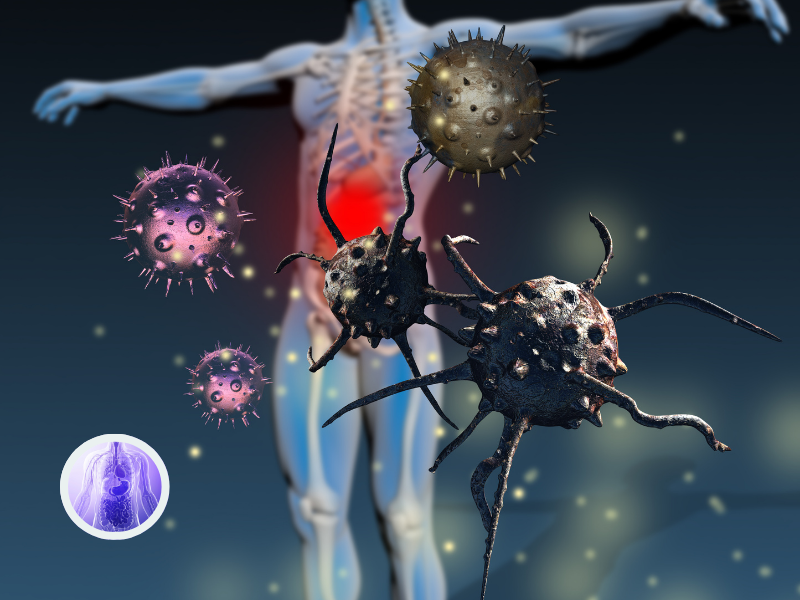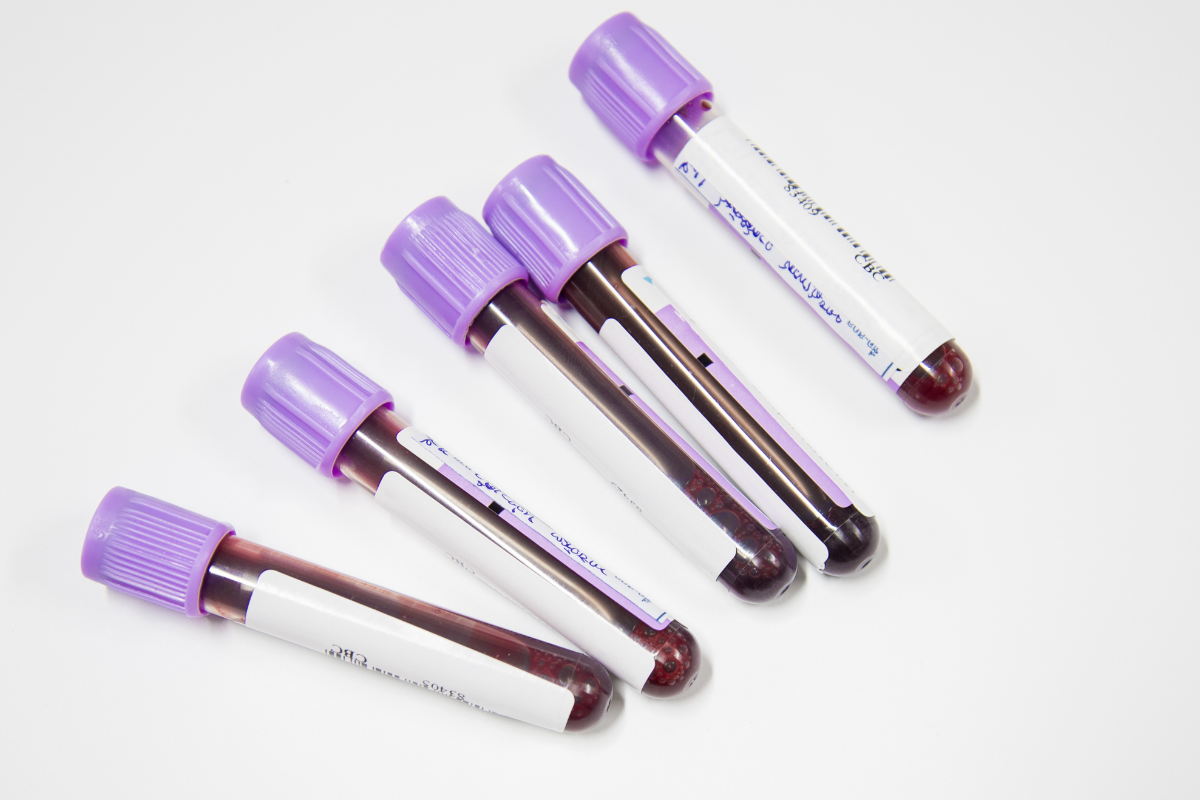Experts Discuss Next Generation Organoids: Challenges and the Future

February 2022 saw another Discovery Discussion Group where Oxford Global was pleased to host some of the key players in the pioneering field of organ modelling. Led by Dr Nikolche Gjorevski, Senior Scientist at Roche, the discussion was attended by Dr Joanna Brown, Dr Thierry Lavé, and Dr Iwona Ziomkiewicz. Each shared their experiences and discussed the future and challenges of organoids and organs-on-chips.
The Challenge of Securing the Tissue
Although next generation organoids have exciting promise for modelling, they are insignificant if scientists cannot source the tissue. Gjorevski described this as the significant logistical challenge of organoid development; having access to patient and human-relevant cells and tissues is vital to make in vitro models that are predictive, relevant, available, and standardised.
Dr Joanna Brown is a Research Scientist at UCB and shared her experience with trying to retrieve tissue and cell samples for organ modelling.
“In one case, there was a proper contract together, a team of people involved in getting the tissue. And in the other, I was knocking on the door of the neurosurgeons and asking very nicely. Both of the projects seemed to encounter similar problems, which is that they weren’t properly integrated with the department.”
She also recounts the fact that although there was enthusiasm amongst the staff she worked with, it was not necessarily their first priority. So “if the surgery gets rescheduled, if they end up doing a slightly different procedure, then you lose the tissue, and that can set you back months.”
Because of this, Brown said that it was essential to form solid and permanent relationships with hospital staff and departments. The longer that researchers and doctors can work together to secure the tissue, Brown says, the better the strategy will evolve to do so.
Gjorevski concurs with Brown on this subject and explains that it may be even more difficult to secure tissue if you work for a pharma company instead of an academic institution. He highlighted the need to engage with clinicians early on to allow researchers to prove the benefit to medicine and, ultimately, patients.
“Often that takes showing success stories and showing that there is already a clinical impact in these models.” The problem with this fact is that you can’t generate that clinical impact without first having access to the tissue, “so we’re facing a Catch-22 problem.”
Are Terms Like “Organ-on-a-Chip” and “Organoid” Too Sensationalised?
Gjorevski figures that terms such as “organ-on-a-chip” or organoid could be placing the stakes of the field too high. The terms exist to get people excited in the area, but as Gjorevski explains, this could be a double-edged sword.
“If we inflate expectations, and if we don't deliver, then the pendulum swings in the other direction, and we're not taken seriously as field anymore.” Gjorevski again stresses the importance of hard data and success stories in continuing development and maintaining interest in this technology.
With this, Dr Thierry Lavé, R&D Academy Science Excellence and Faculty Lead at Roche, agrees that the field of organ modelling ought to humble itself and not be afraid of acknowledging its learning opportunities. “There is a bias toward publishing only the very successful, but sometimes that can be counterproductive because everyone knows that we all face obstacles, and it's important to share that so we can build confidence and credibility in our approaches.”
Brown chimed in to say that, in her experience, people often get excited when the word organoid is mentioned and also focuses on the point that scientists should be more honest and open when it comes to sharing how they got to their data. “I think sharing those systems and how they’ve had to be tweaked or adapted is valuable for keeping that knowledge and expertise in-house. So, we need to make sure that those things actually stick.”
Dr Iwona Ziomkiewicz, a Principal Scientist at Adaptimmune, added an interesting comment on the differences in this challenge for large and small pharma companies. In large organisations, Ziomkiewicz notes that there is more room to explore and experiment in the field. While in smaller companies, such exploration or experiment is more tightly connected to the priority to confirm results for specific products that could have an immediate impact for patients. In those cases, validating the model is of high priority.
“For us, the question of validation is an even more difficult one. In principle, we could use compounds with known mode of action, but they will be either small molecules or biologics. Optimally, we would like to use therapies of the same modality as ours, however there are just not that many available cell-based therapies that we can use to validate our models. So, we sometimes feel like we are at the forefront of that struggle.”
The panel agreed that this was an area of development “as challenging as it is fascinating.”
To stay up to date with what the experts have to say in the field of drug discovery, why not sign up to our monthly newsletter. Why not also join us in person at our next Discovery Europe conference for your chance to network and share insights in the field."







